10 Russian memoirs and diaries that are enthralling page-turners
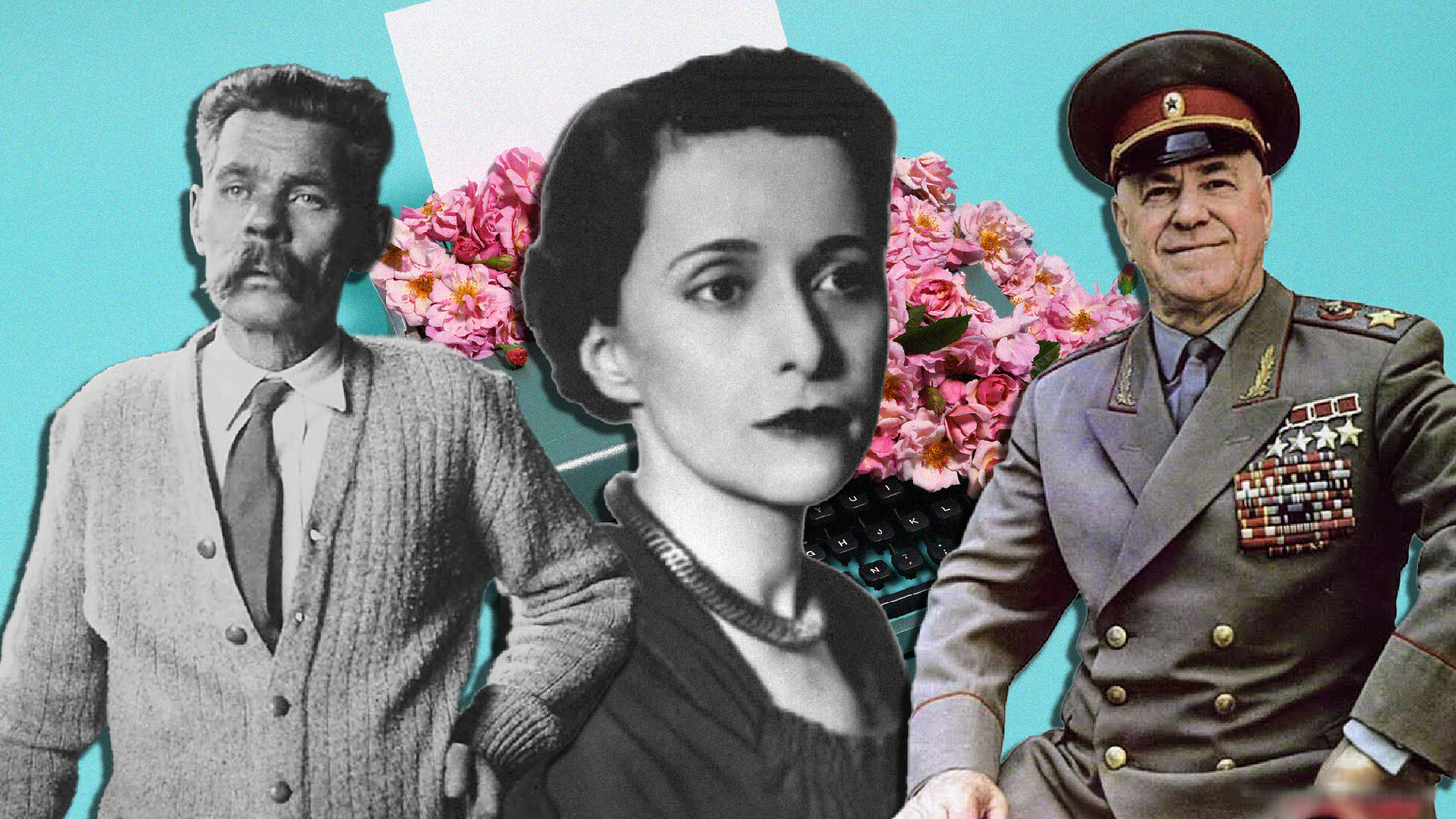
1. Nadezhda Durova, The Cavalry Maiden
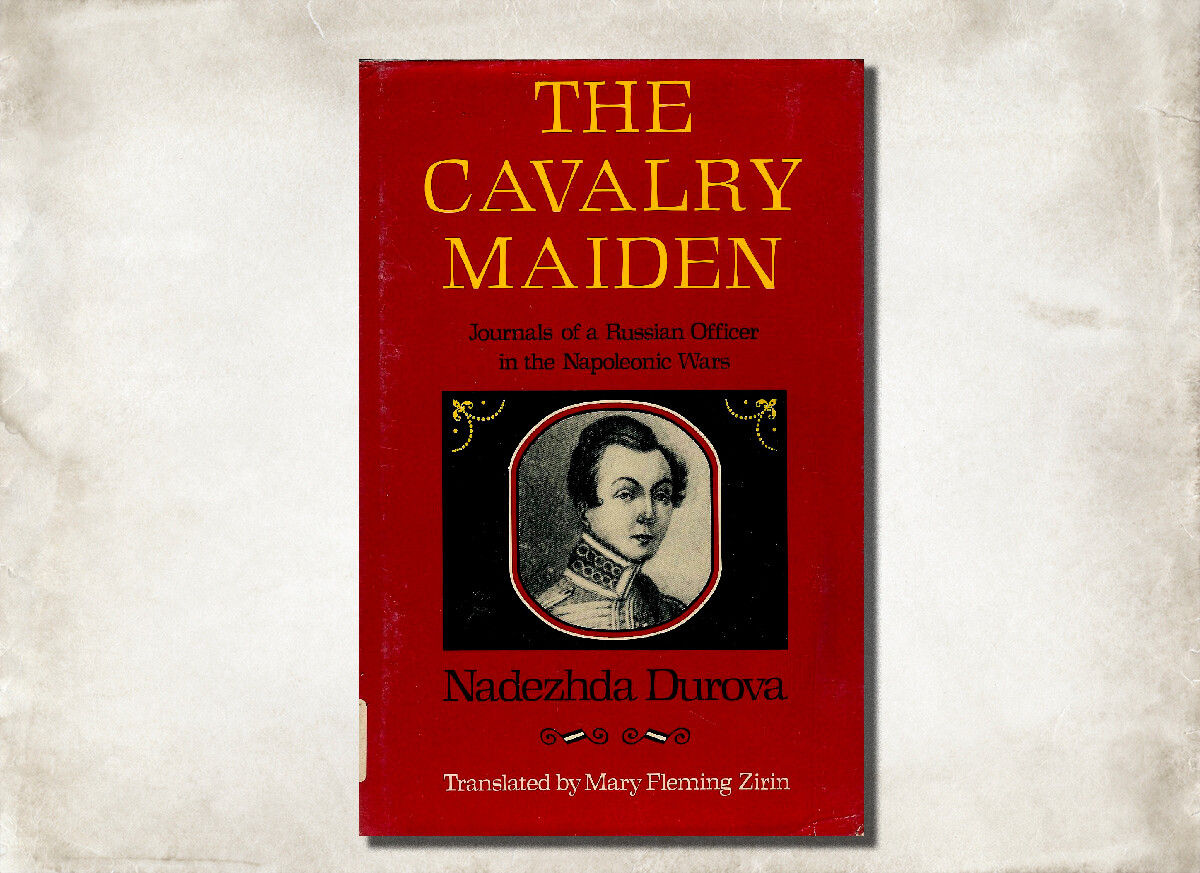
This valiant lady who lived in the first half of the 19th century described how while dressed as a man she served in the Russian Army and fought Napoleon’s forces. Durova wrote about her life and the demeaning position that women of her era often found themselves in; essentially born “to live and die in slavery.” She spoke about her resolute decision to “separate [myself] from the gender which, as I believed, was under God’s curse.” She described how by deception she was able to serve in the military, as well as the first battles that she participated in.
The Cavalry Maiden was first published by poet Alexander Pushkin. Against her will, however, he revealed the true identity of Durova, who preferred to be called Alexander Alexandrov. This tremendously incensed Durova, but Pushkin replied: “Be brave – enter the battlefield of literature as valiantly as the battlefield that brought you glory.”
Read more about Nadezhda Durova here.
2. Ilya Ilf and Yevgeny Petrov, One-storied America (a.k.a. American Road Trip)
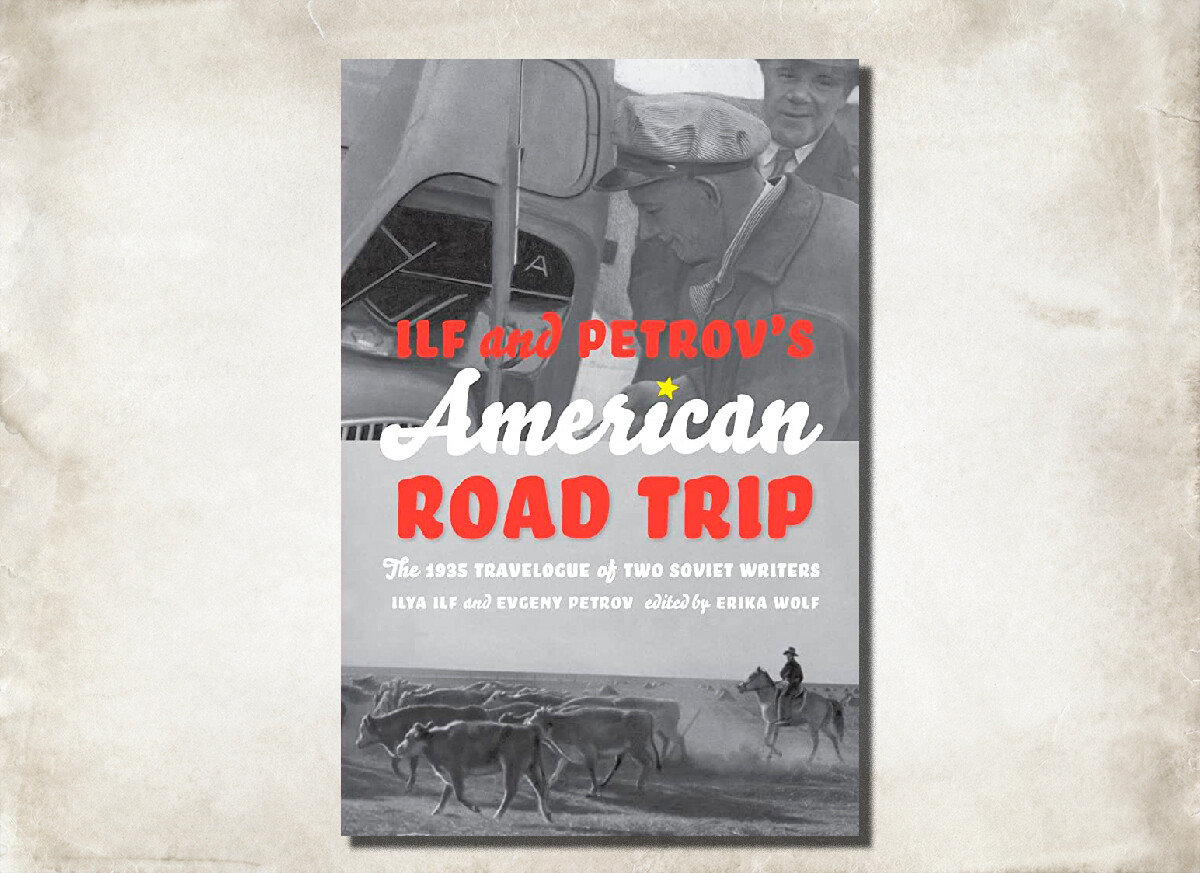
In 1935-1936, this writing duo went on a road trip to the U.S. By car, they crossed the entire country in the company of an American couple. Later, they published their notes under the name One-storied America, which subsequently became a household name in relation to “the real America.”
They compiled a detailed report about their journey and impressions of New York City, the construction of the Golden Gate Bridge in San Francisco, the life of average Americans, Coca-Cola, prairies, and, of course, Hollywood… It’s amusing to read today, for instance, how the two writers admired light bulbs that were lit by “pulling a cord.”
3. Maxim Gorky, My Childhood
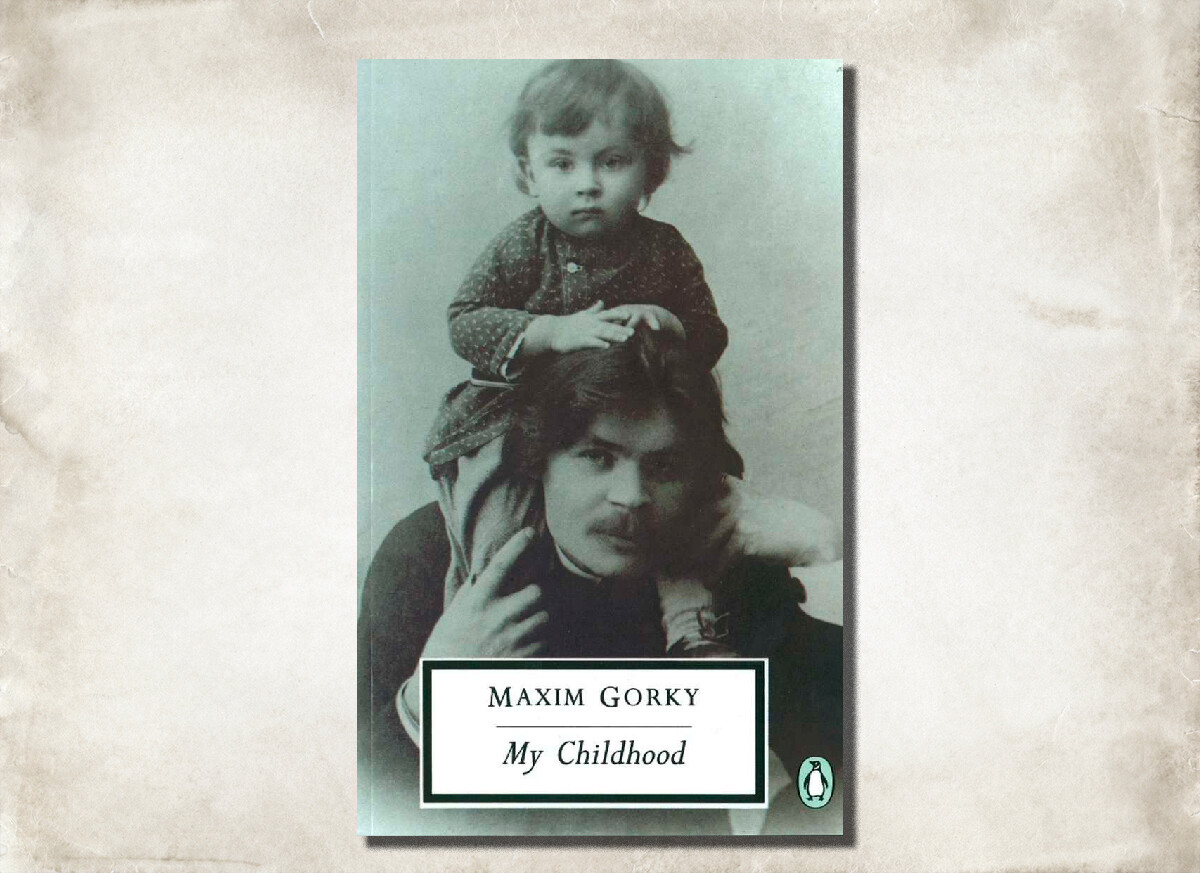
While the age of childhood and innocence for many 19th century writers of noble birth was a time of fond memories and comfort, for Gorky it was a rough “school of life”. He came from a very simple family that struggled to survive.
In this autobiographical work, the writer described his childhood in Nizhny Novgorod that later, while he was still alive, was renamed in his honor. Gorky brilliantly conveys the atmosphere of his grandfather’s house, where he grew up, and the life of the lower class of the Russian Empire; he paints dozens of vivid, real characters. The writer also described his coming-of-age in the following two parts of the trilogy – In The World, and My Universities.
Read more: 5 reasons why Maxim Gorky is so great.
4. Ivan Bunin, Cursed Days
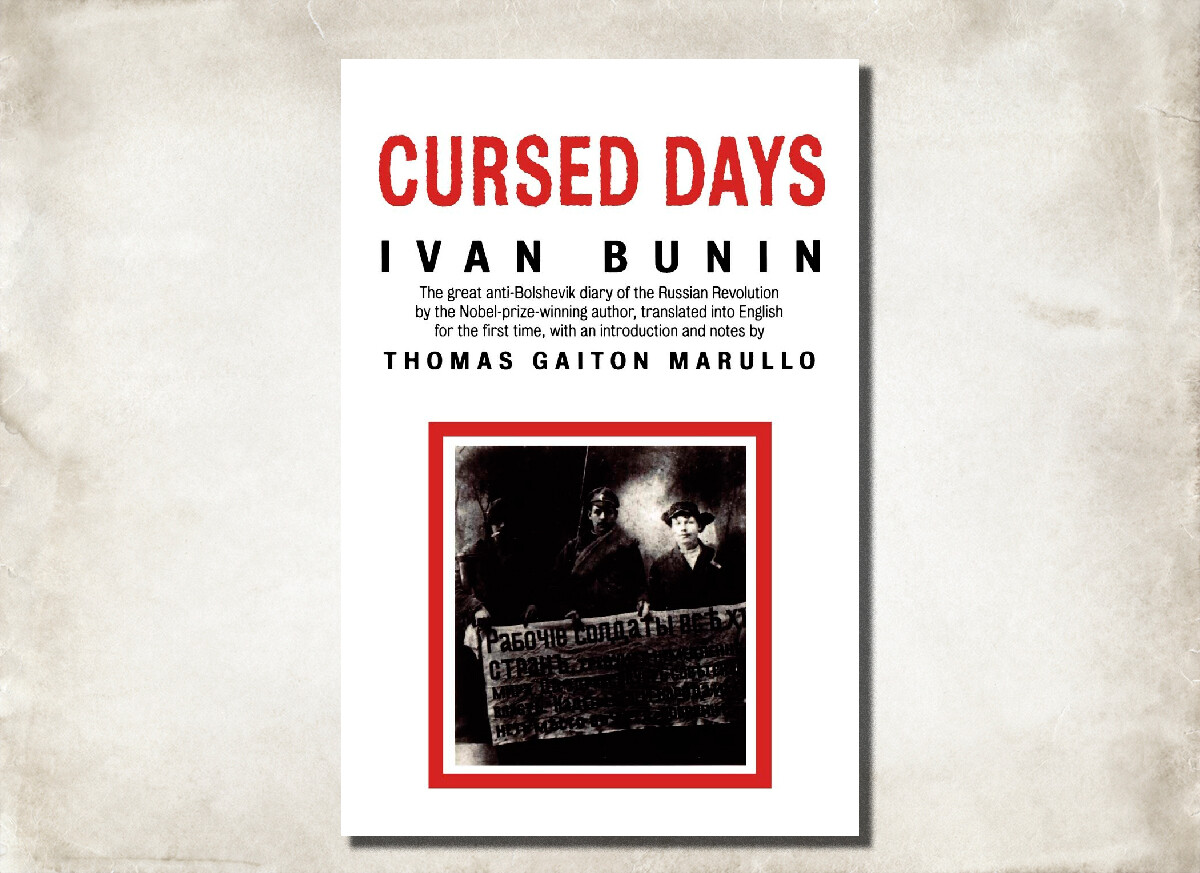
The future Nobel Prize laureate for literature didn’t welcome the Bolshevik Revolution and Soviet authority, and in 1920 he emigrated to France. Cursed Days consists of his diaries and reflects the most turbulent and complex period in Russia’s history. In Soviet times, however, this book was only published in the 1980s during Perestroika. The Soviet censors had a problem with the book because it expressed hatred towards the Bolsheviks and disillusionment in the Revolution.
“Did many people not understand that revolution is only a bloody game in which people merely trade places and which, in the final analysis, only ends up with going from the frying pan into the fire - even if they manage temporarily to sit, feast, and raise hell where their masters used to be?”
5. Vasily Grossman, Life and Fate
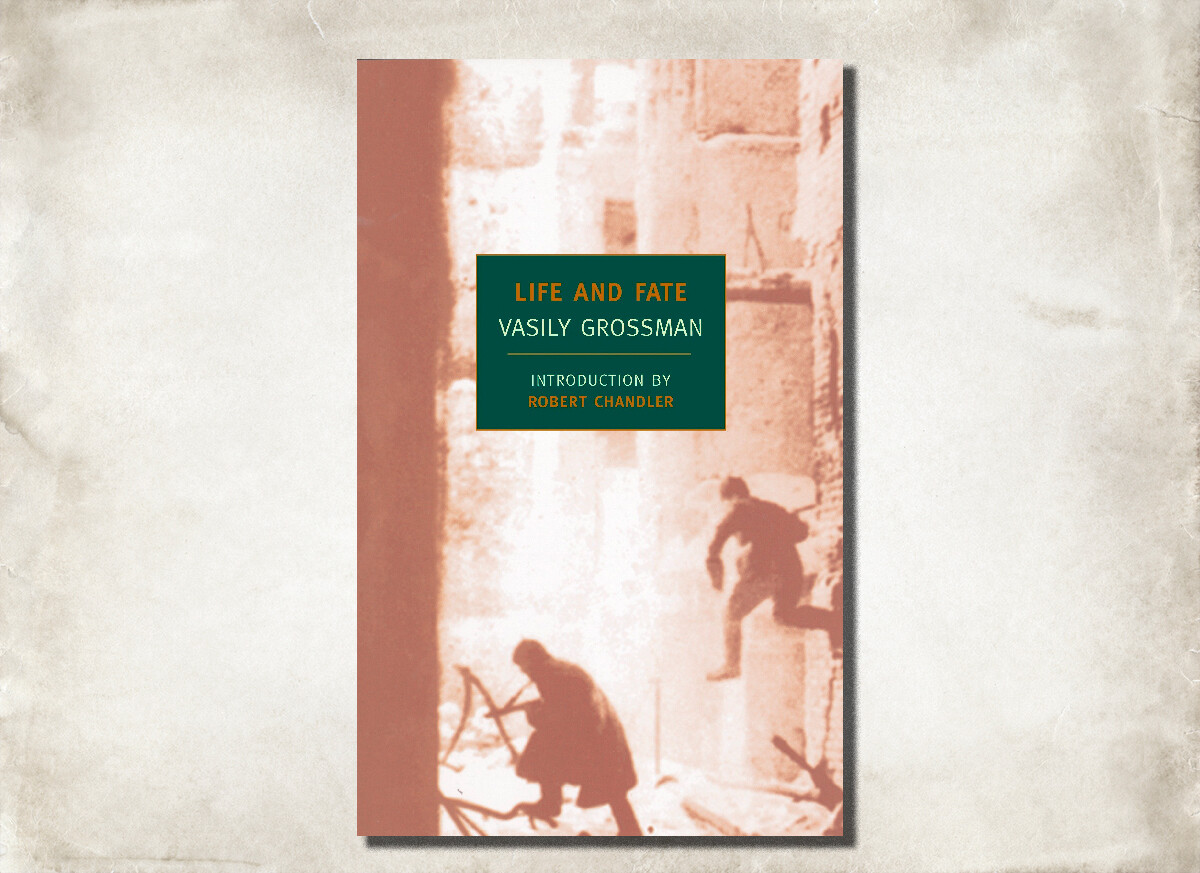
This novel is entirely based on the author’s biography and the events he witnessed and went through. For many years, Grossman worked as a war correspondent; he was at the Battle of Stalingrad. He also wrote about his life when evacuated, about the Stalinist repressions, and about how neighbors and friends turned away from relatives of those who were repressed. He also witnessed the killing of Jews by the Nazis (his mother died in German captivity). Today, Grossman’s epic is often called the “War and Peace of the 20 century.” But in Soviet times the manuscript was seized and prohibited from publication due to its plentiful criticism of Stalin’s regime (it even compared Stalin to Hitler).
Read more about Vasily Grossman here.
6. Marshal Georgy Zhukov, The Memoirs
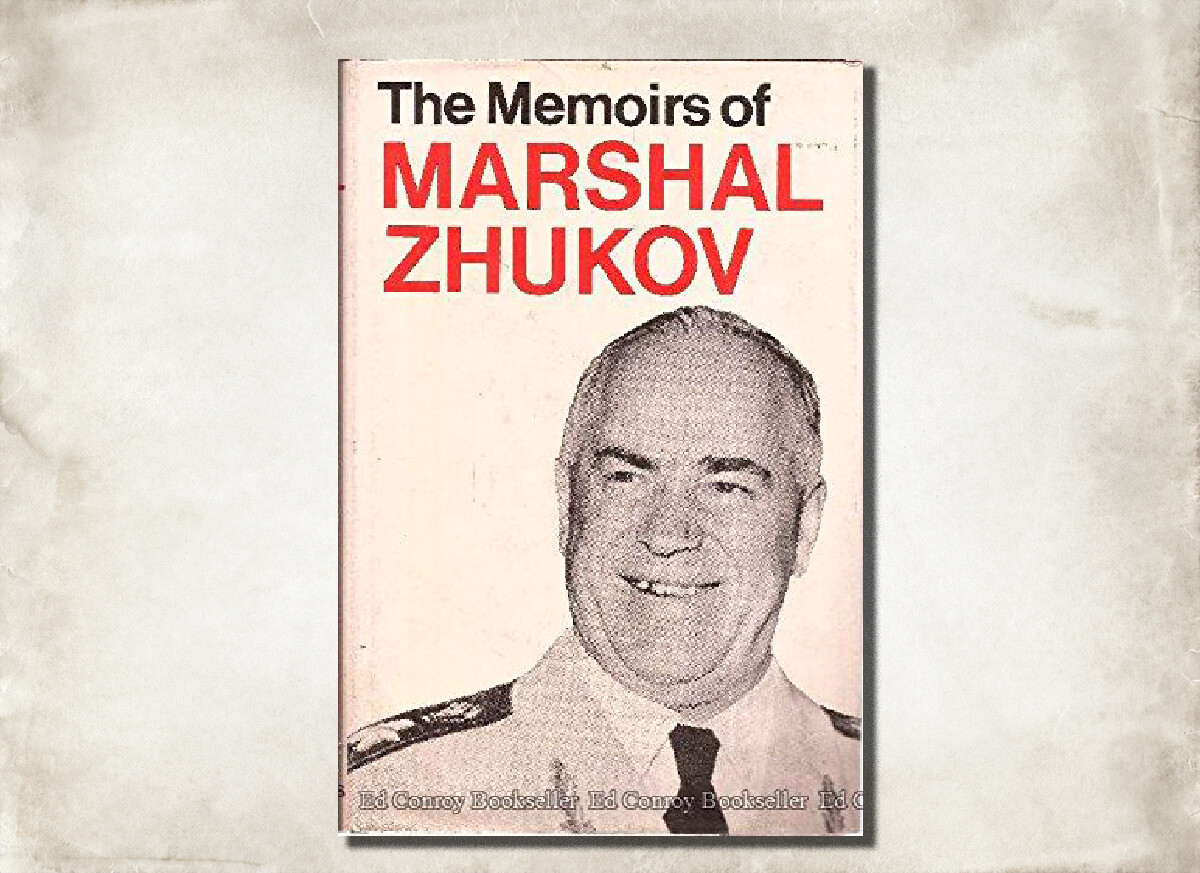
Many people who fought in World War II left memoirs and testimonies about the horrors that they endured. (The masterful Notes of a Russian Sniper by Vasily Zaitsev is also worth mentioning, where he described his experience during intense street fights in Stalingrad, and which became the basis for the Hollywood film, Enemy at the Gates). However, the memoirs of someone of high rank such as Georgy Zhukov, the “Marshal of Victory”, is worthy of special attention.
Zhukov described his village childhood, his first tough job in a factory workshop, and his service in the cavalry during World War I. Of course, the most interesting parts concern World War II. The Marshal remembered the army’s condition on the eve of the war, wrote about military tactics and his relations with Stalin.
7. Konstantin Stanislavski, My Life in Art
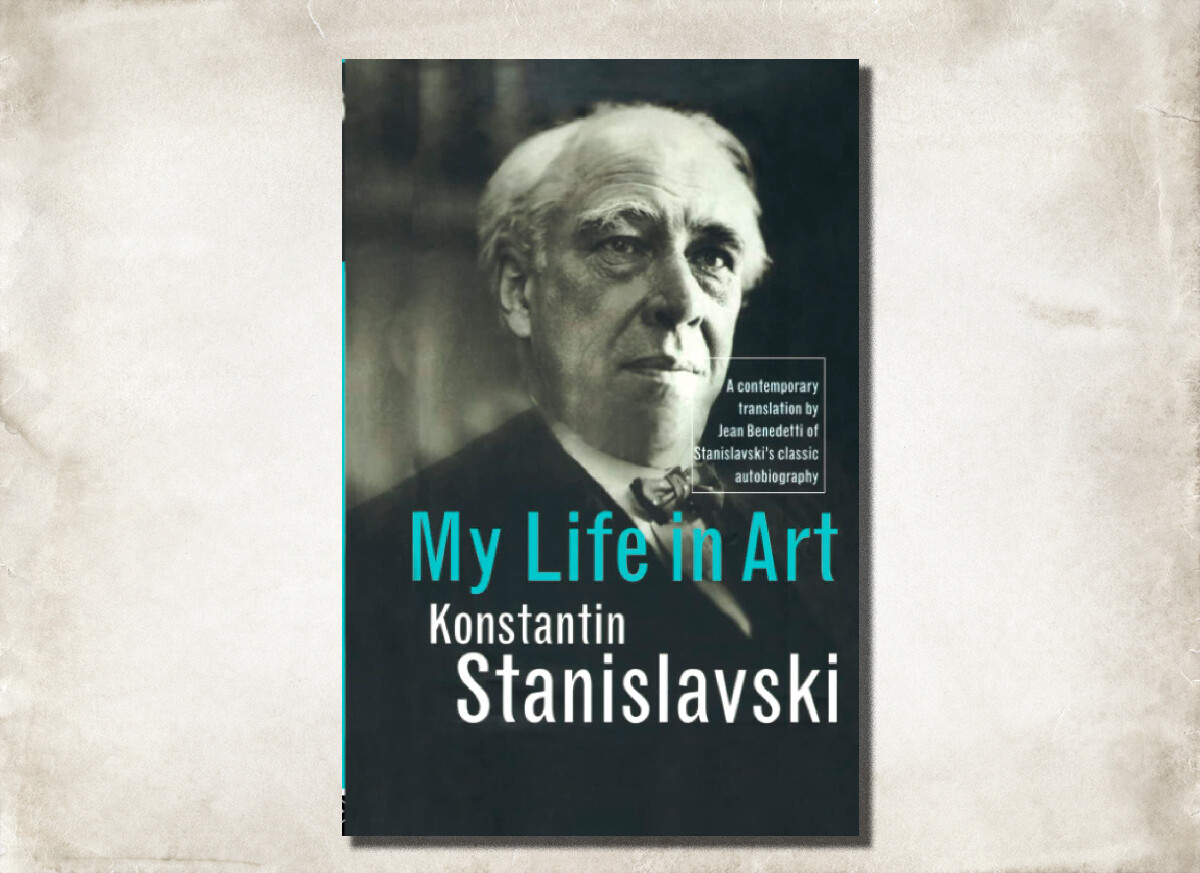
“The story of creative searching” by Stanislavski became a handbook for many 20th century actors. The book explains his famous acting system and its instruction. However, the memoirs of this leading theater director will be interesting not only to people who work on the stage, but also to a wider audience because Stanislavski talks about his life and creative path, about the performances he staged, and his relationships with Chekhov and Gorky.
In general, the book talks about the legendary Moscow Art Theater in the late Imperial era, and describes the life of an artist in times of change. Stanislavski was born in 1863 and witnessed the tumult following the abolishment of serfdom and late 19th century Russia, as well as the fledgling Soviet Union. He witnessed the Revolution and the rise of Soviet rule, censorship, and the era of Stalin.
8. Eugenia Ginzburg, Journey into the Whirlwind. Chronicle of the times of the cult of personality
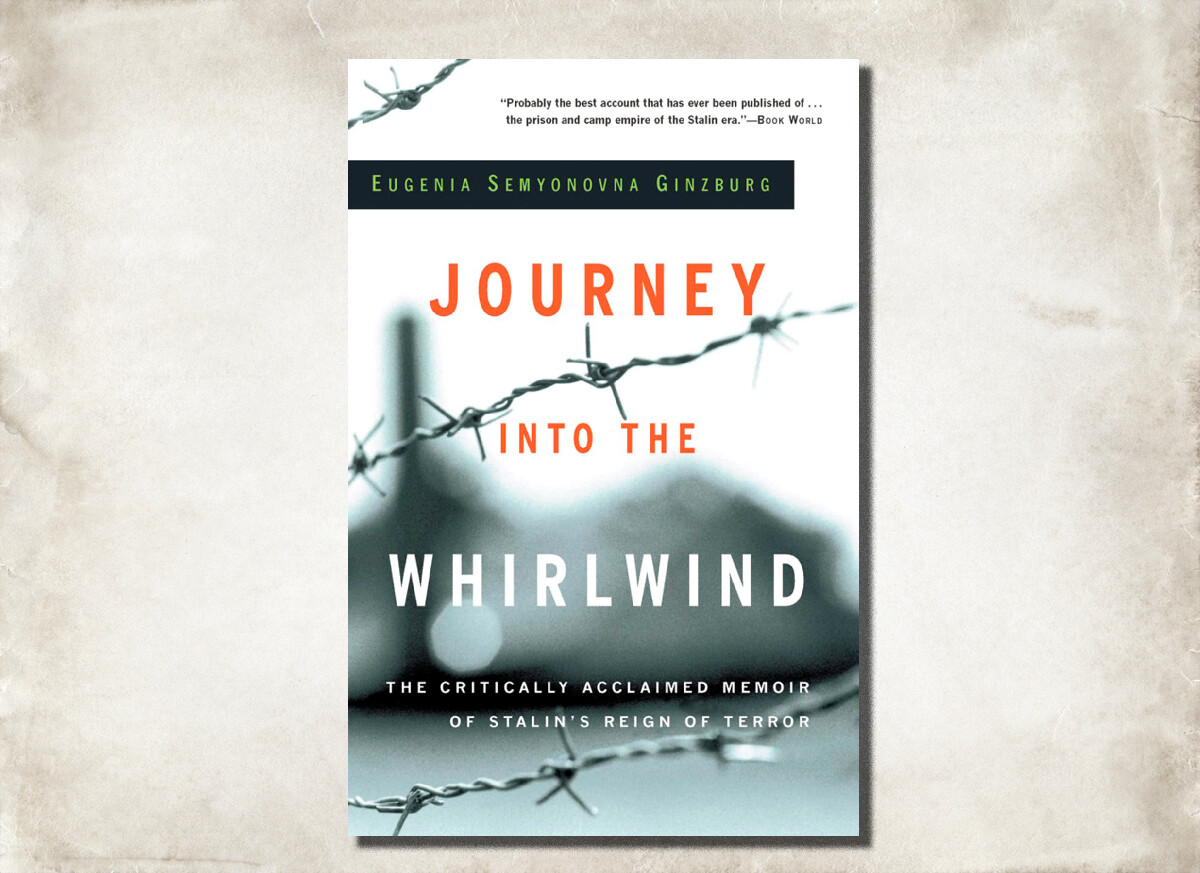
In 1937, Ginzburg was arrested on trumped up charges of involvement with a terrorist organization. Since they were “the father and mother of the enemy of the people”, her parents were also arrested. Ginzburg spent 10 years in Soviet prisons and camps, and for nearly another 10 more years she had no right to return to her native Moscow. The autobiographical novel, Journey into the Whirlwind, became one of the first testimonies of the horrors of the Soviet penal system and repressions. It astounds readers with descriptions of how women were treated in prison and how absurd the reasons for arrest sometimes were during the Stalinist era.
9. Nina Berberova, The Italics are Mine
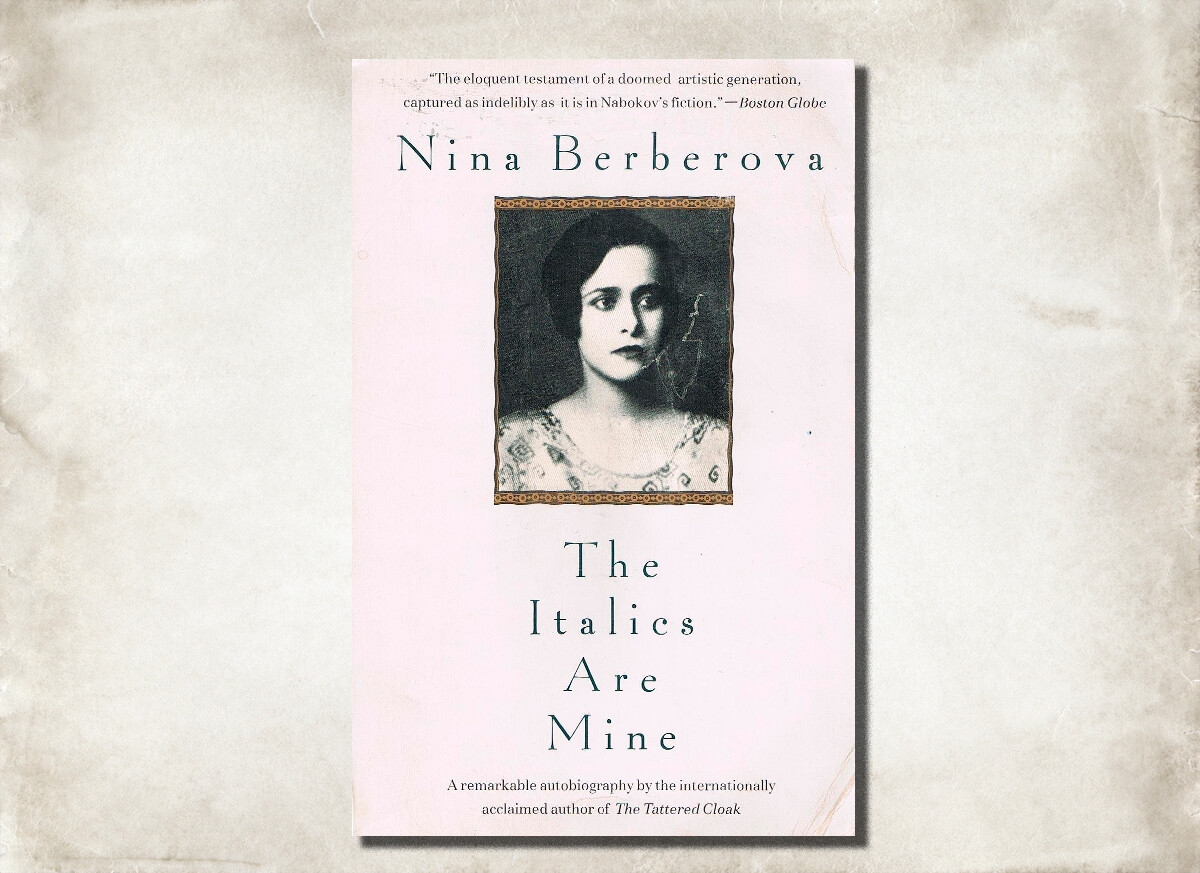
Nina Berberova, a Slavist who was famous in the U.S., writes about her life that was full of momentous events: her youth in the Russian Empire, the period of Revolution, her emigration from the USSR, World War II, and the German occupation of France. Aside from that, Berberova’s memoirs are important as a testimony about the most talented people of the first half of the 20th century. She was the wife of poet Vladislav Khodasevich and moved in the circle of leading writers and other famous people of the so-called “Silver Age”: she was friends with Marina Tsvetaeva, Boris Pasternak, Vladimir Nabokov, Alexander Kuprin, Ivan Bunin, Maxim Gorky, and Alexander Kerensky.
Read more about Nina Berberova here.
10. Sergei Dovlatov, The Suitcase
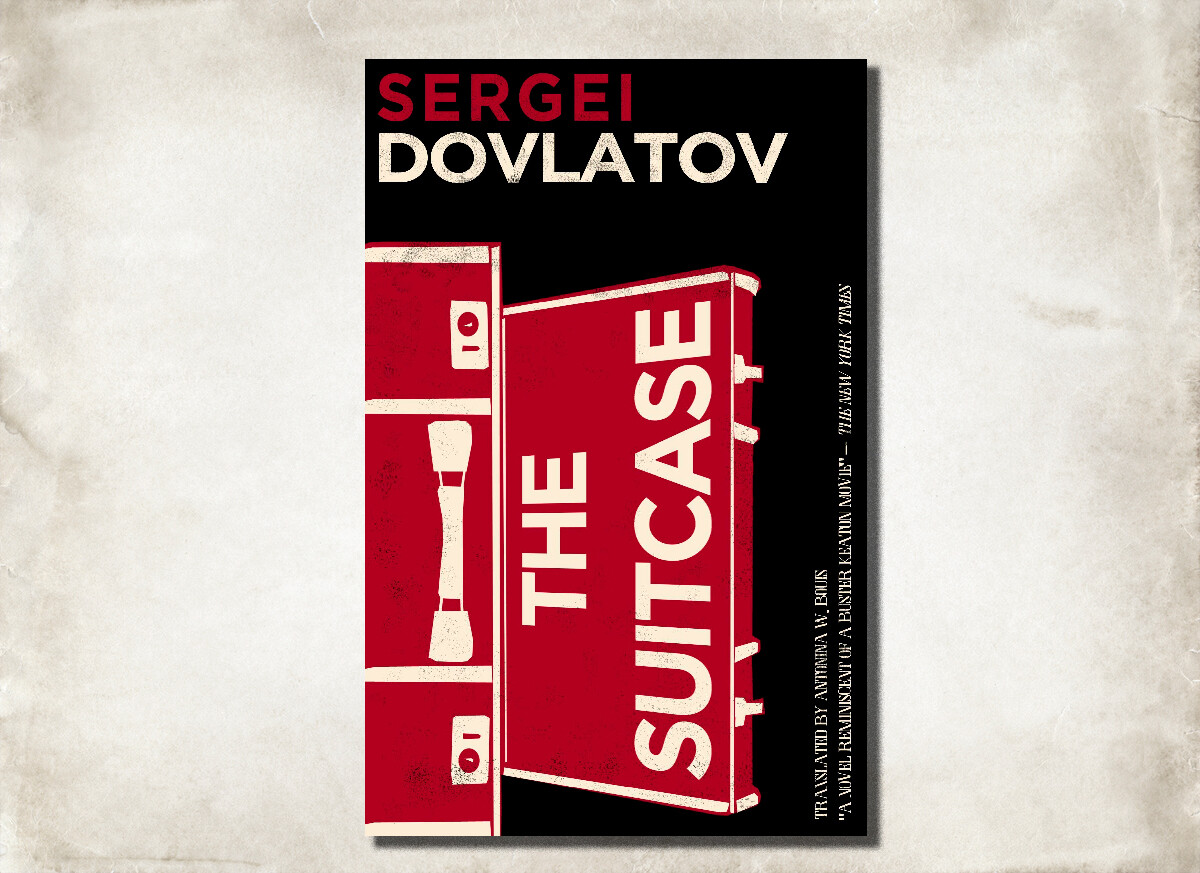
Not all memoirs are dramatic and epic. Sometimes short but vivid stories are even more exciting to read. The literary works of Dovlatov are in one way or another based on his personal experiences, and this collection is not an exception. The hero emigrates from the USSR to the U.S., taking only one small suitcase with him. Several years later, he opens it and every item inside becomes the object of a separate story – half-novel, half-anecdote. A jacket and a cap turn into the main heroes of a fascinating story that vividly depicts the time and atmosphere of that journey.


